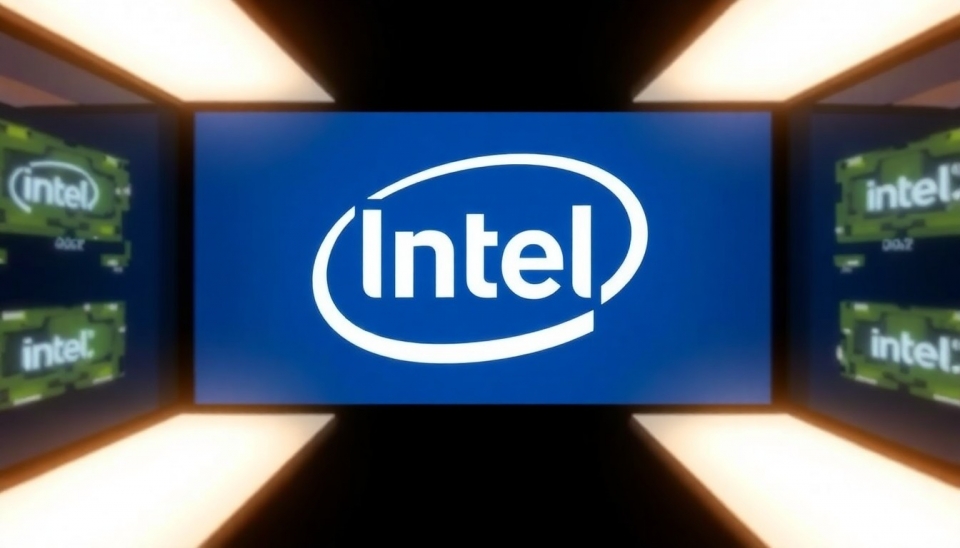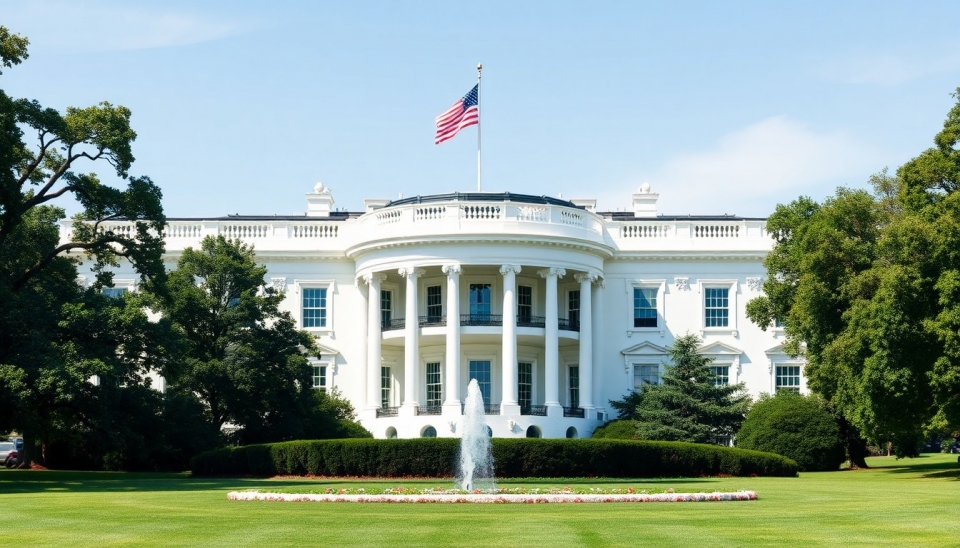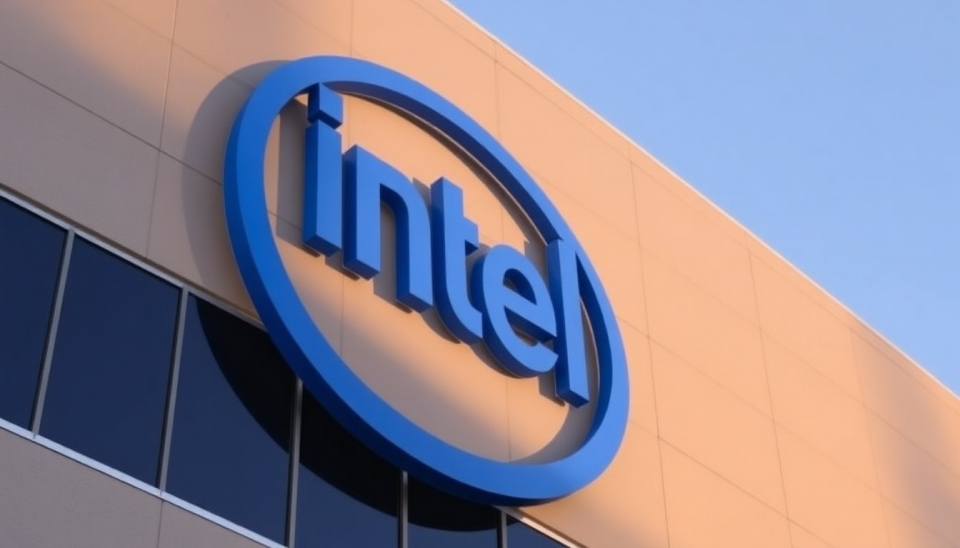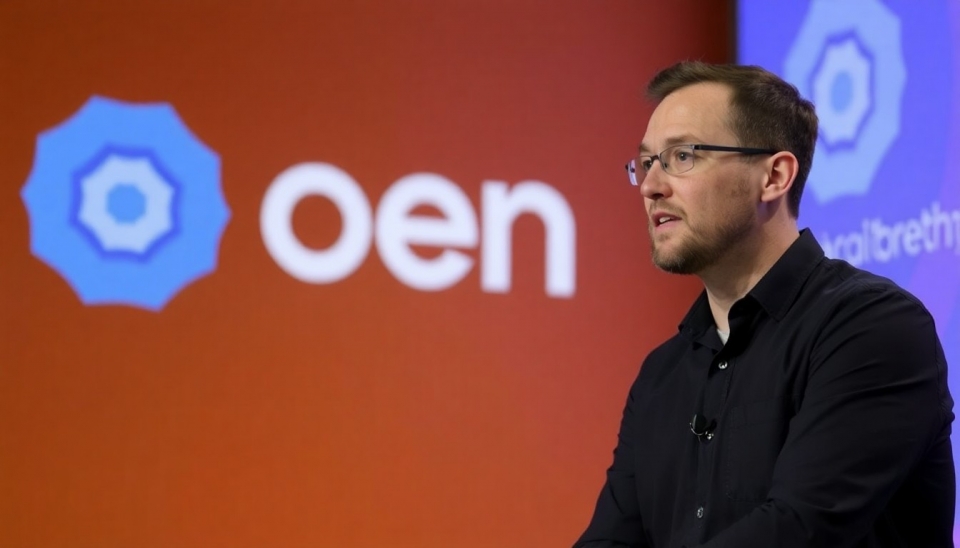
Intel Corporation's CEO, Pat Gelsinger, reaffirmed his determination to pursue the company's foundry strategy during a recent industry conference. This announcement comes despite mounting challenges that have complicated the chip manufacturing landscape and increased competition from rivals such as Taiwan Semiconductor Manufacturing Company (TSMC) and Samsung Electronics. Gelsinger emphasized that Intel's foundry vision is crucial for establishing the company as a leader in semiconductor manufacturing and meeting the growing demand for chips globally.
Gelsinger's confidence in the foundry initiative is notable, especially given the skepticism from some industry analysts and stakeholders who question whether Intel can effectively execute this ambitious plan. The foundry strategy aims to transform Intel into a powerhouse capable of producing chips not just for its own products but also for other companies, thereby expanding its revenue base. This shift is seen as a pivotal move for Intel as it grapples with a complex and competitive semiconductor market.
The CEO elaborated on the importance of building robust relationships with external customers, a critical component of the foundry expansion. During his address, he highlighted that successful execution will involve significant investment in new manufacturing facilities and cutting-edge technology to ensure that Intel can deliver high-quality chips on par with industry standards. This commitment reflects his strategic vision to restore Intel's position in the semiconductor hierarchy and regain the trust of partners and customers.
Gelsinger has outlined a timeline for the rollout of Intel’s foundry services, targeting the next few years for the establishment of additional manufacturing sites and enhancing production capacity. Despite previous setbacks and delays, Gelsinger expressed optimism about Intel's trajectory and its ability to overcome the hurdles it faces. This vision aligns with broader industry trends where demand for semiconductor products continues to soar across various sectors, including automotive, consumer electronics, and data centers.
In conclusion, while challenges remain on the path to achieving Intel's ambitious foundry goals, Gelsinger's commitment to the strategy signals a pivotal moment for the company as it seeks to redefine its role in the semiconductor industry. Their ongoing initiatives could potentially lead to significant advancements in chip technology and production capabilities if successfully implemented.
Intel's journey into the foundry business is one to watch, as the company's performance in this arena will have far-reaching implications not only for its future but also for the dynamics of the entire semiconductor market.
#Intel #PatGelsinger #FoundryStrategy #Semiconductors #ChipManufacturing #TechNews #Innovation
Author: Liam Carter




